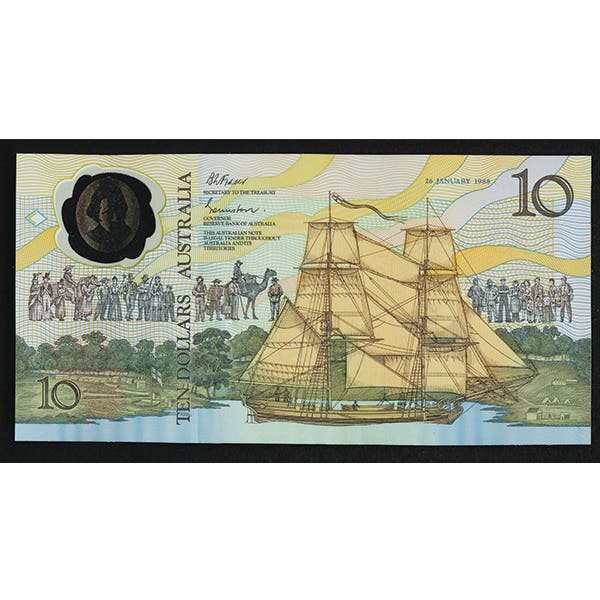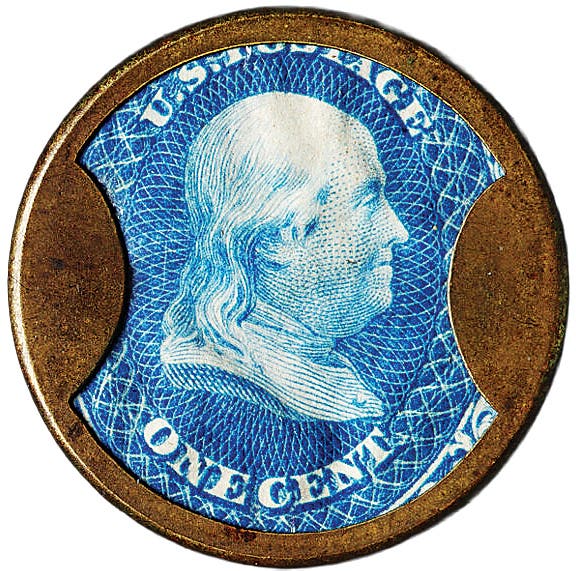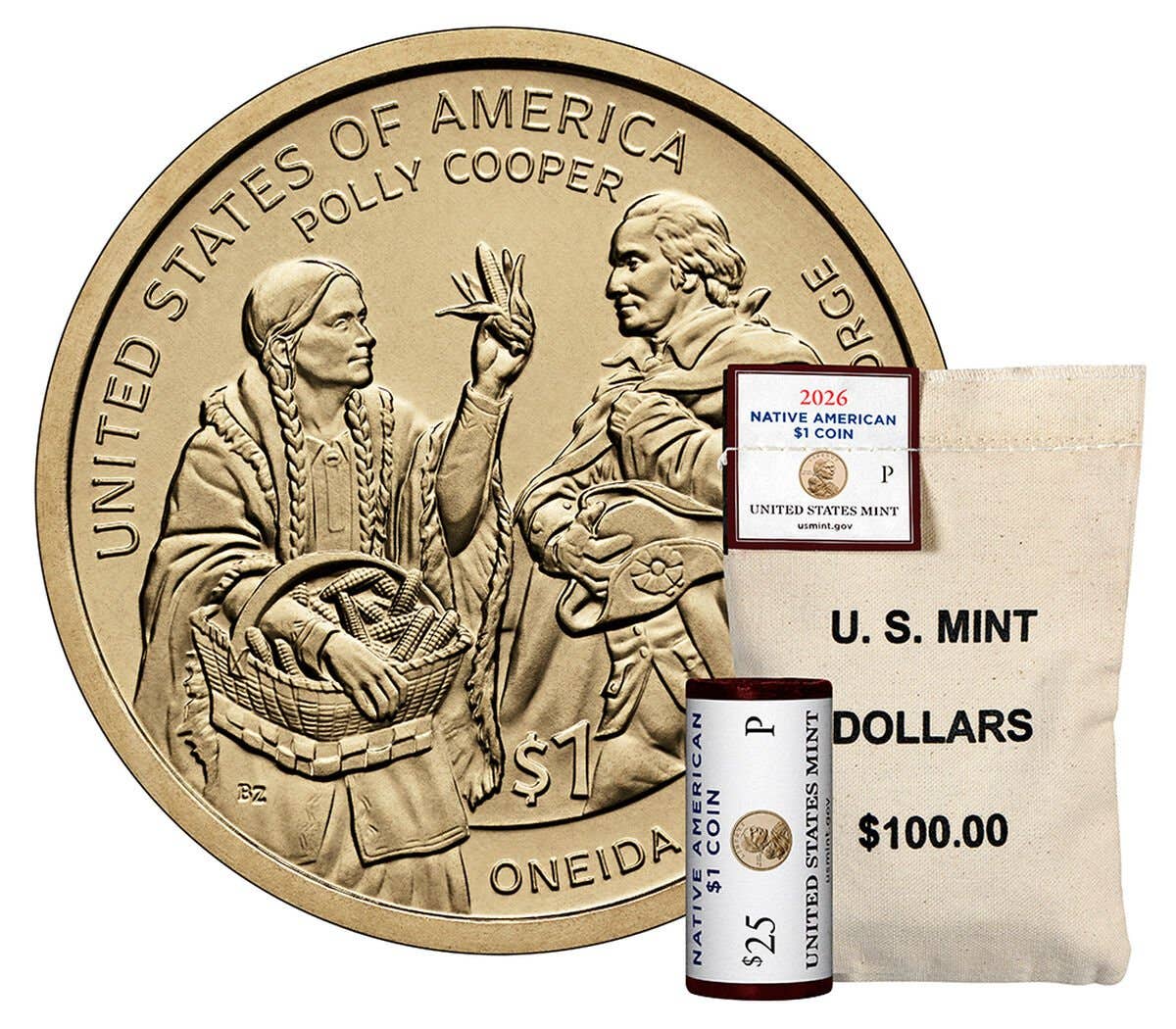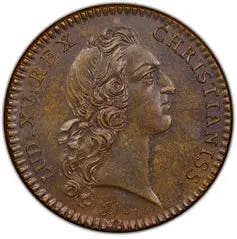Viewpoint: Treat dealers as valued customers
The debate, primarily within the collector community about dealers leaving shows before closing time on the last official show day, continues from the time I became involved in promoting Houston’s Money Show of the Southwest over a decade ago.
By Carl Schwenker
The debate, primarily within the collector community about dealers leaving shows before closing time on the last official show day, continues from the time I became involved in promoting Houston’s Money Show of the Southwest over a decade ago. Now that I no longer am involved in every decision associated with the show, I would like to throw a few thoughts into the ring for consideration.
First of all, who are the shows’ customers? In other words, who provides the income that allows show organizers to continue opening the show doors year after year? They are the dealers and suppliers who rent the booths, donate items to the children’s programs and sponsor other show-related events. If the show has an early bird provision, most of them are dealers or ultra-serious specialists, and they pay a significant fee to have entry into the wholesale part of the show. Collectors and “public attendance” may pay a small admission fee, but it is a minor amount relative to what is paid by the dealers and suppliers.
If your customers say they want to leave before the last minute of the last scheduled day, you as the show organizer can’t say “no.” They may not come to the next show. Some shows have gone to great expense to keep their dealers until the last day, while others have included penalties in their show contracts. Nothing seems to 100 percent accomplish their goal, and most provisions have created a delicate relationship between the show and the dealer community.
Houston’s Money Show of the Southwest thanks our dealers for coming to the show, helps them load their vehicles and asks them for suggestions to improve the show next year, regardless of when they decide to leave. Never do we criticize our dealers for leaving. One of the reasons why our show continues to grow is that our dealers are treated like our valued customers. They pay the bills. And by the way, we try in every way to minimize or reduce our costs so that our good customers profit from their visit to the Houston show.
Many collectors think the admission fee that they pay covers the overhead costs of shows. That may be true at the much smaller local shows, but that definitely is not the case with shows above 50 or so booths. The hall rental, security, insurance, electricity, heat or air conditioning, lights, tables, chairs, table covers, food, advertising, promotion and too many other items to list all have to be paid, and the dealers and suppliers are the ones who directly or indirectly pay that overhead.
Most collectors don’t realize that there are two types of dealers at a show. One is the wholesale dealer who is at the show to buy and sell among the dealers at the show. These dealers spend the first day finding out what every other dealer has new in their inventory.
The other type of dealer at a show is the retail dealer who depends on the collectors and public coming through the show door. Yes, the retailer will also sell to the wholesaler, but their preference is to sell their inventory to the collector at a somewhat higher margin. The retailer is normally at the show until the last minute of the last day (and a few longer than that).
Then there are the dealers who are active wholesalers, but also have a substantial retail footprint. They do both and normally man their booth until the end, although admittedly with a skeleton staff and inventory.
The wholesalers normally complete their canvassing of the other dealers’ inventories and make their purchases by the second day of a large show and before the close of business on the first day of smaller shows. They are done and staying only increases their out-of-pocket expenses (meals, lodging, etc.). Their booths are empty on the last day. Some shows move dealers, “lock, stock and barrel,” from the back to the front to fill empty tables and hide the loss of wholesalers. Others don’t have the manpower or inclination to do so and try to ignore the vacant booths.
Who are the customers of our customers? Remember, the retail dealers are valued customers of the show, and they depend on the public attendance for their financial success at the show. So the show spends a relatively significant amount on advertising and promotion to bring the retailers’ customers through the show door. The Houston show has used a 20-to- 1 ratio, meaning that their attendance goal is 20 people (serious collectors, not tire kickers) through the door for each dealer in the bourse.
For a 250-booth show, our attendance goal is approximately 5,000 adults. Even though Houston is the fourth largest city in the country with approximately 5 million population, reaching our attendance goal is difficult and requires innovative advertising tools that include billboards on the major freeways, focused radio and print, TV and the Internet. But we do it because our retailers, our customers, depend on those people coming through the door.
Collectors complain about empty tables. Each year we publicly encourage collectors and the public to attend on the first days of the show if, as we advertise, they wish to find everything they want. The show has even changed the Friday closing hour to 7 p.m. to encourage working collectors to come after work and before going home.
Coming into the show for the last two or three hours on the last day is admittedly disappointing. The wholesalers are gone and the retailers who have to leave to catch a flight are also gone. That still leaves a good number of dealers and active booths, but the vacancies just seem to stand out and irritate those collectors who only have Saturday or Sunday to attend a show. They complain that they are being cheated, having to pay for what looks like a half full bourse seems to them to be unfair. In Houston, we agree that the product we offer is diminished and do not charge admission after noon but encourage collectors to still come. Surprisingly, many deals are to be had in the last hours of a show and many of the retailers tell us that what made their show was the activity of the last few hours. Smart collectors seem to find what they were looking for from the 100-plus booths that are still occupied.
Why do dealers leave early? If the show is a smaller local one where the dealers only have to drive one to two hours to get home, it seems reasonable that the dealers should stay later. If the dealers either fly in or drive a long distance, that’s a different consideration. Although Houston is centrally located, if a dealer left the bourse at 3 p.m., his flight to East Coast cities won’t arrive until 10 p.m. or later. That just makes arrival at home unreasonably late. The West Coast dealers are helped by time change, but they still will be arriving in the evening. Think about the Texas dealers. It’s a 3-plus-hour drive to San Antonio, a four- to five-hour drive to the Dallas metropolitan area and a day’s drive to west Texas.
Concern for security is another major reason dealers are forced to leave a show before the close. Most dealers will want to put their inventory in their shop’s safe, not taking it to their residence.
Although the Houston show now closes on Saturday, the dealers still want to be home at a reasonable hour that night. Some dealers do stay to the end and leave for home on Sunday. (That’s why the show offers a security room over Saturday night, at a rather significant cost, by the way.) Usually that’s because the drive home is more than five hours, but the economics of attending change.
Frankly, we are blessed that the dealers choose to attend our show and encourage them to leave when it best suits their schedule or personal needs.
The collectors or attendees who complain usually do so late on the last day of the show. For their convenience, they have made the decision to attend at that time on that day. Why shouldn’t the dealers enjoy the same liberty as to when they come or go?
Carl Schwenker is show chairman of the Money Show of the Southwest in Houston, Texas. Viewpoint is a forum for the expression of opinion on a variety of numismatic subjects. To have your opinion considered for Viewpoint, write to David C. Harper, Editor, Numismatic News, 700 E. State St., Iola, WI 54990. Send email to david.harper@fwmedia.com.
More Coin Collecting Resources:
• Subscribe to our Coin Price Guide, buy Coin Books & Coin Folders and join the NumisMaster VIP Program









